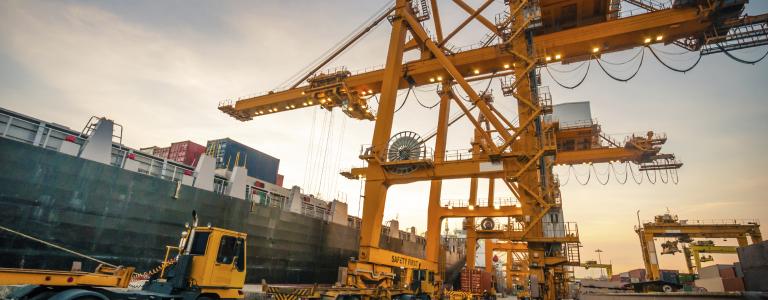The Trans-Pacific Partnership, Part I: A deal too far
The release of the Trans-Pacific Partnership Agreement last fall has unleashed a heated debate over its costs and benefits.
With the release of the Trans-Pacific Partnership Agreement (TPP), a debate has been growing over the so-called “trade” agreement among twelve Pacific Rim countries.
Should governments ratify the deal? Will it expand trade in a significant way? Who will be the winners and losers?
But defining winners and losers only in trade terms misses the much broader impacts of the TPP and hide the basis required for assessing its real impacts. In effect, it ignores the fact that the TPP's non-trade provisions, such as in the areas of investment and intellectual proper rights, threaten to exacerbate inequality.
It is time for Canada to say that this is a deal too far. Rather, Canada should use this as a jumping-off point to lead a new global dialogue on the right directions for trade agreements. Part 2 of this commentary will focus on how trade agreements should and can be instruments to support, rather than impede, achieving the globally adopted Sustainable Development Goals.
You might also be interested in
Global Dialogue on Border Carbon Adjustments
This report contributes to the global BCA discussion by summarizing country-level reports reflecting dialogues conducted in Brazil, Canada, Trinidad and Tobago, the United Kingdom, and Vietnam.
Why Liquefied Natural Gas Expansion in Canada Is Not Worth the Risk
An analysis of the economic and environmental risks of liquified natural gas expansion in Canada.
Agreement on Climate Change, Trade and Sustainability: A landmark pact for trade and sustainability
The ACCTS pact, signed by Costa Rica, Iceland, New Zealand, and Switzerland, aligns trade and environmental policies, tackling fossil fuel subsidies, eco-labels, and green trade.
Why the Energy Charter Treaty Modernization Doesn't Deliver for Climate
The Energy Charter Conference adopted the "modernized" Energy Charter Treaty (ECT) on December 3, 2024. IISD's Lukas Schaugg explains what the modernization does, when it will enter into force, its tension with EU law, and why the reformed ECT can still hinder climate policies.
